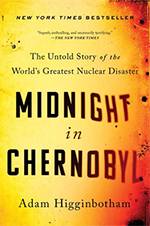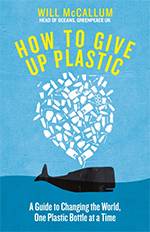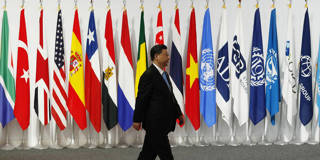Brahma Chellaney
Says More…
This week, Project Syndicate catches up with Brahma Chellaney, Professor of Strategic Studies at the New Delhi-based Center for Policy Research and Fellow at the Robert Bosch Academy in Berlin.
Project Syndicate: You support the vision of a “free and open” Indo-Pacific promoted by US President Donald Trump’s administration, but complain that it lacks strategic heft – a failing that has allowed Chinese expansionism in the region to continue unabated. Given how erratic the Trump administration has been – the recent escalation in US-Iran tensions being a case in point – will Trump’s vision for the Indo-Pacific go the way of Barack Obama’s pivot to Asia? What steps are needed to get back on track?
Brahma Chellaney: The Trump administration is nearing the end of its first term, and yet the “free and open” Indo-Pacific strategy has yet to gain real traction. If Trump loses the November election, his successor might replace the strategy with a new concept, as Trump did with Obama’s “pivot to Asia.”
But even if Trump wins, there is no guarantee that his administration will add the needed strategic heft. On the contrary, as I explain in my latest PS commentary, the recent decision to expand the definition of the Indo-Pacific to include the Persian Gulf – “from Hollywood to Bollywood” has now become “from California to Kilimanjaro” – suggests that the Trump administration is succumbing to the same Middle East obsession as its predecessors. This will make it far more difficult to create a coherent, let alone effective, Indo-Pacific policy.
Chellaney recommends
We ask all our Say More contributors to tell our readers about a few books that have impressed them recently. Here are Chellaney's picks:
-

Midnight in Chernobyl: The Untold Story of the World’s Greatest Nuclear Disaster
by Adam Higginbotham
This well-researched book describes the 1986 meltdown of a reactor at the Chernobyl nuclear power complex in Ukraine, then part of the Soviet Union. The damage this wrought – from a human and environmental perspective – dwarfed that caused by the accident at Japan’s Fukushima Daiichi nuclear power plant 25 years later, even though the latter incident included three separate meltdowns.
-

How to Give Up Plastic: A Guide to Changing the World, One Plastic Bottle at a Time
by Will McCallum
Plastic waste is choking our planet, and this book offers a blueprint for making it stop. Humans are irremediably altering natural ecosystems and draining our planet of its biodiversity. Plastic waste is at the center of these environmental challenges.
From the PS Archive
From 2019
Chellaney highlights the havoc that China's construction of mega-dams is wreaking on downriver countries. Read the commentary.
From 2018
Chellaney calls for tough sanctions to stop Pakistan, a supposed ally, from continuing to aid and nurture terrorists. Read the commentary.
Around the web
In an interview with Fair Observer, Chellaney discusses what global developments – from the US to Iran – mean for India. Read the transcript.
In a commentary for the Hindustan Times, Chellaney argues that the most pressing threat to India’s standing in the world comes not from neighbors but from polarized politics. Read the article.
